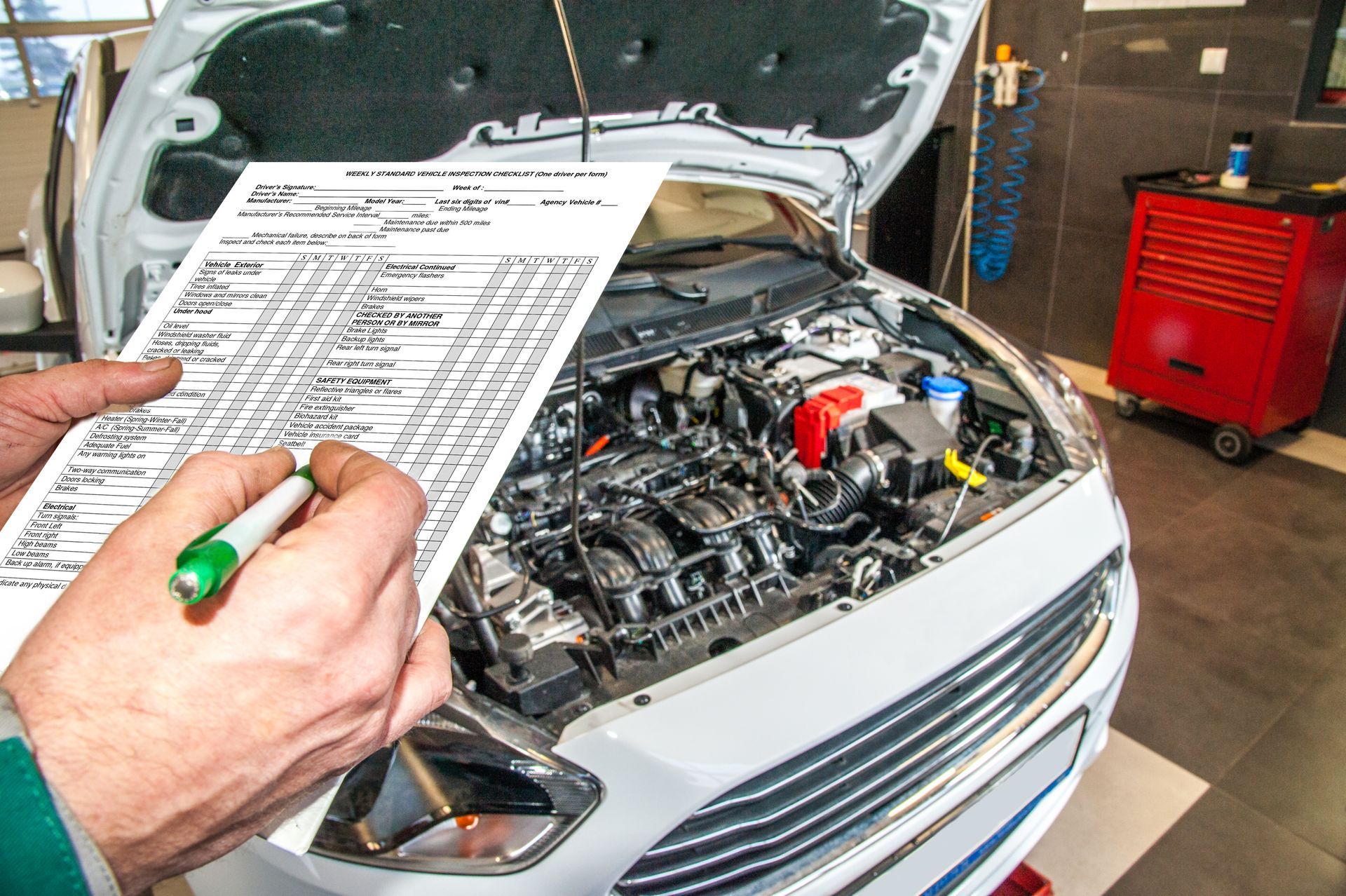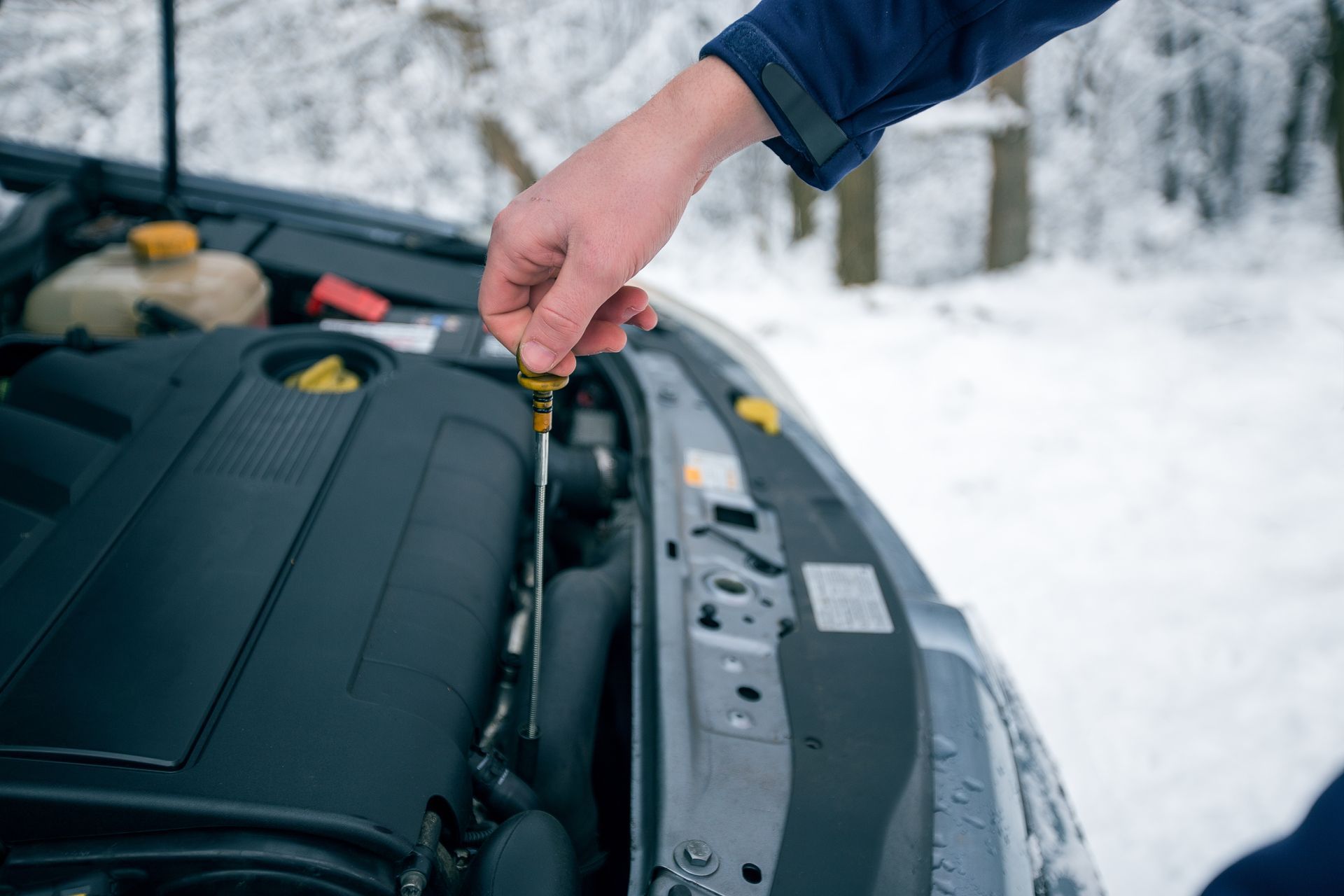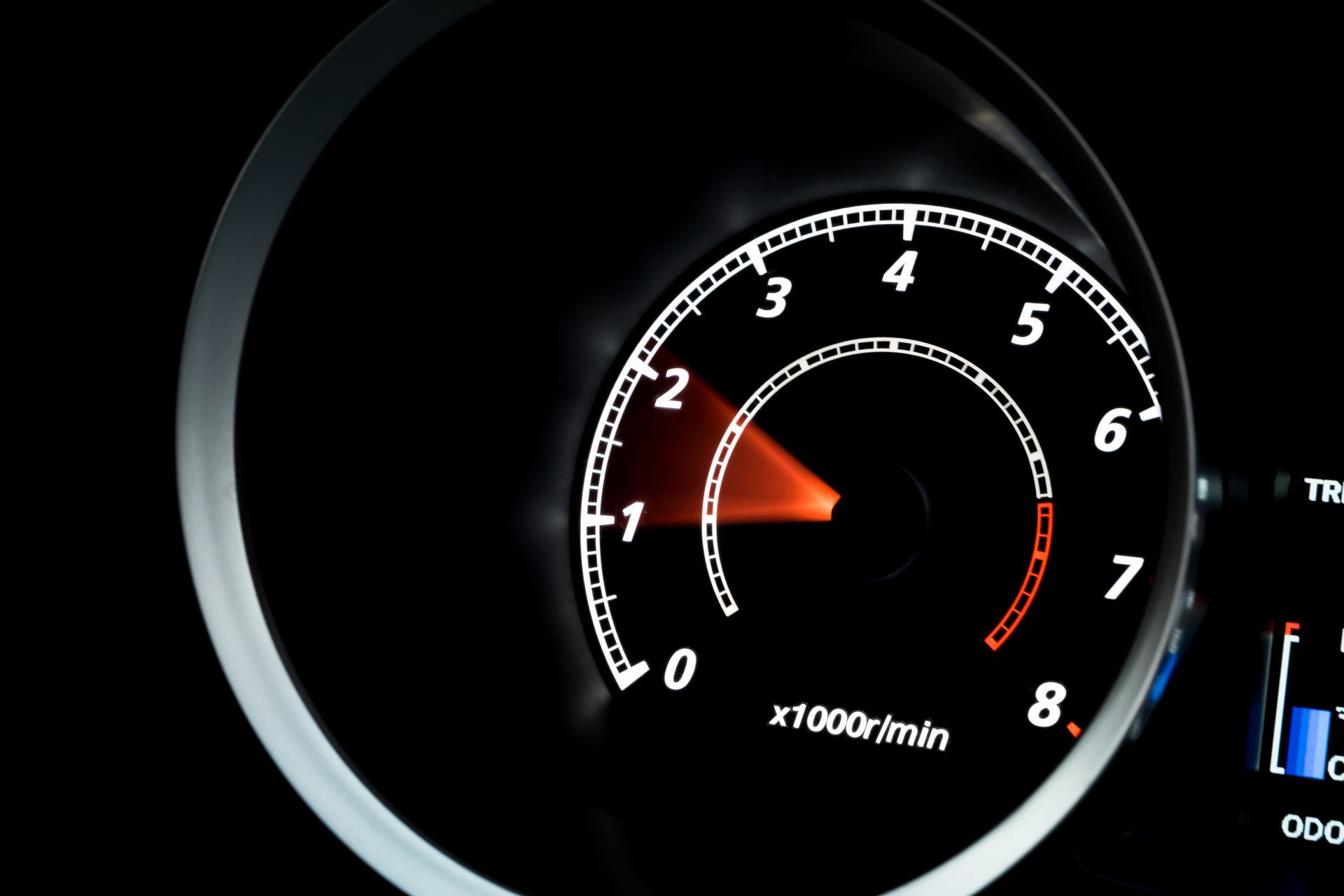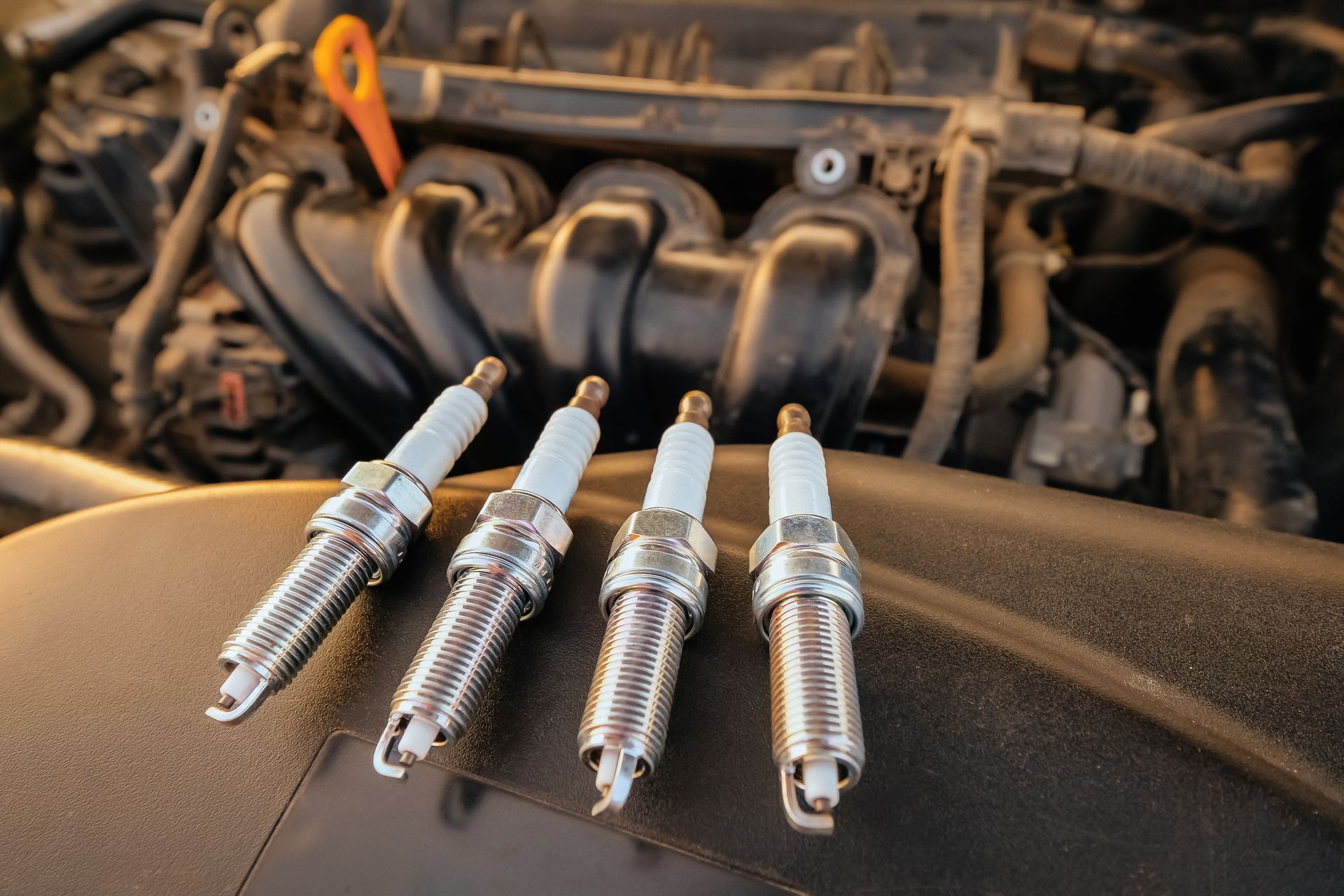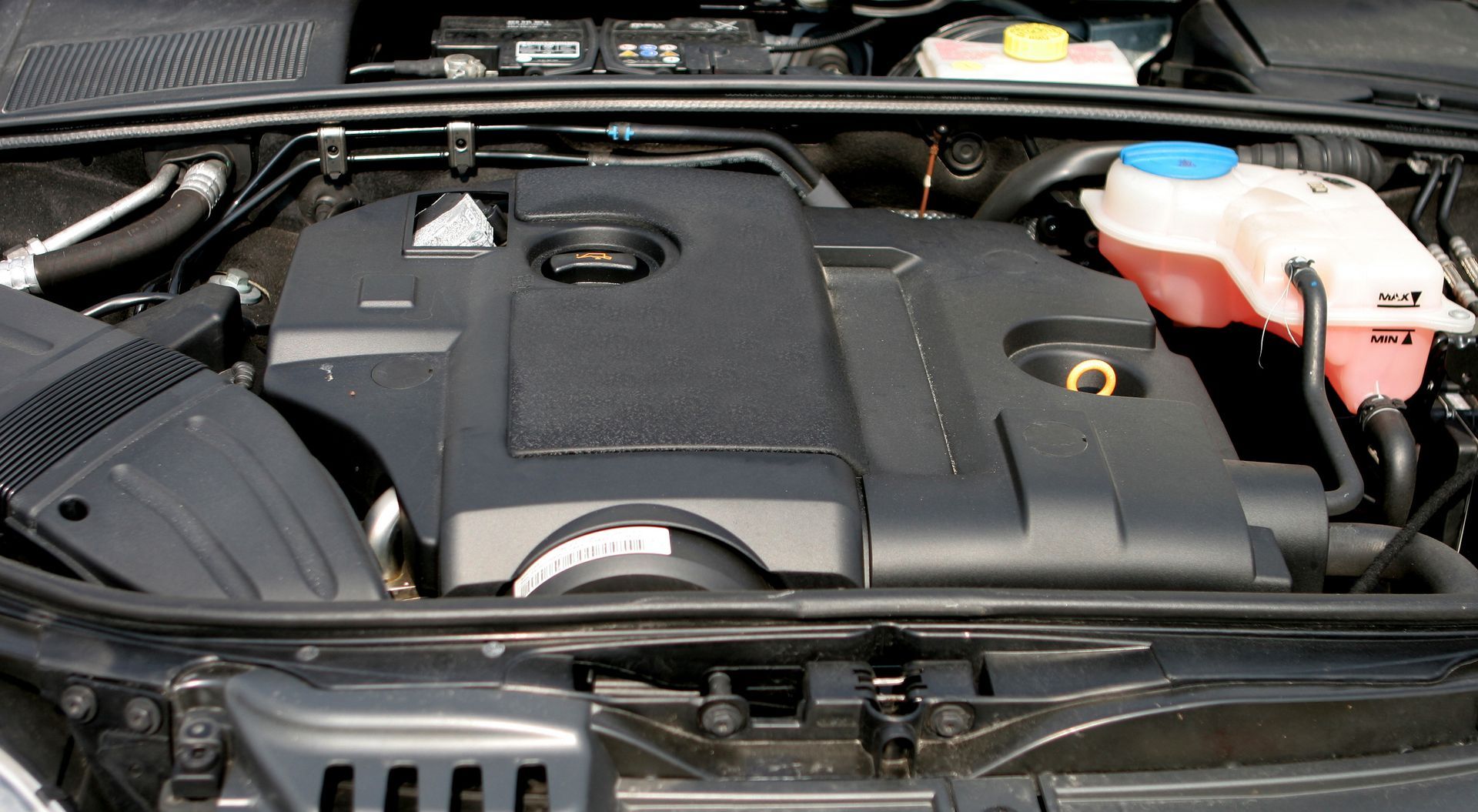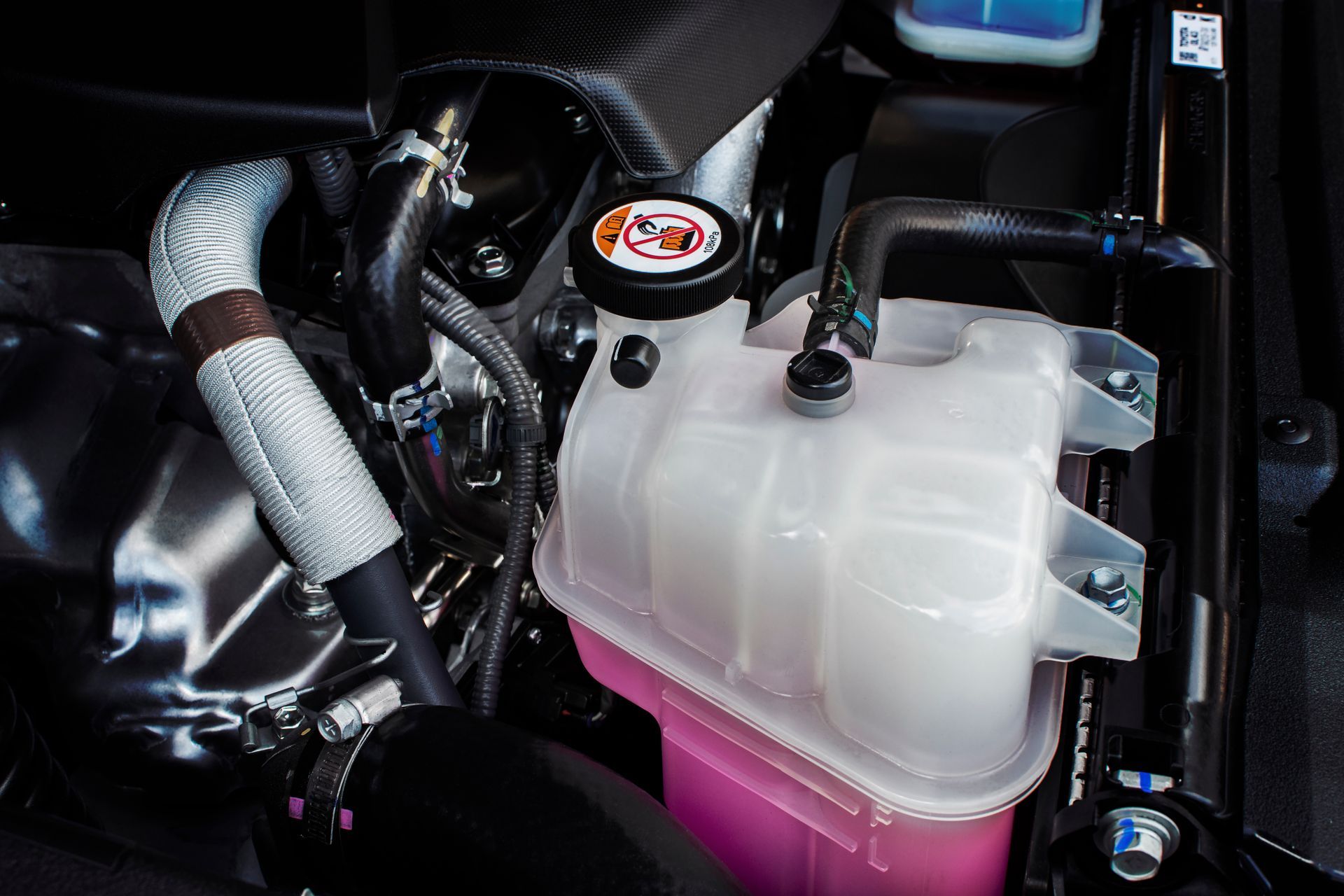It starts as just a few drops of fluid on your driveway—nothing major, right? A small leak might not seem like a cause for concern, but in reality, it can be a warning sign of much bigger issues under the hood. Whether it’s oil, coolant, transmission fluid, or brake fluid, ignoring a leak can lead to expensive repairs, safety hazards, and even complete system failure.
Leaks never fix themselves, and they often worsen over time. Understanding what different fluid leaks mean and taking action early can save you from costly repairs down the road.
Don't Ignore The Leaks
A tiny leak might not seem like a priority, but fluids are essential to your car’s performance and longevity. The moment you start losing oil, coolant, or brake fluid, your vehicle isn’t operating at its best.
- Loss of Lubrication: Many vehicle fluids provide lubrication to moving parts. A slow oil leak, for example, can lead to increased friction in the engine, which may cause overheating or premature wear.
- Potential System Failure: Transmission and brake fluid leaks are particularly dangerous. If ignored, they can lead to system failure while driving, putting you at serious risk.
- Hidden Damage: A leak might be a symptom of a deeper problem, such as a failing gasket, corroded hose, or cracked seal. What seems minor today could be a much bigger issue in the near future.
Common Types of Leaks and What They Mean
Oil Leaks
One of the most common leaks, oil leaks are usually caused by worn gaskets, loose drain plugs, or a failing oil pan. If you notice dark brown or black puddles under your car, it’s likely oil. Running low on oil can lead to engine overheating and costly damage.
Coolant Leaks
Coolant (or antifreeze) keeps your engine from overheating. A green, orange, or pink fluid pooling under the front of your car could mean a cracked radiator, a loose hose, or a failing water pump. Losing coolant can cause your engine to overheat, leading to serious damage.
Transmission Fluid Leaks
Transmission fluid is essential for smooth gear shifts and overall performance. If you spot a reddish or brown fluid under the car, it could be a transmission leak. If ignored, this can lead to slipping gears, rough shifting, or even total transmission failure.
Brake Fluid Leaks
Brake fluid is one of the most critical fluids in your vehicle. A light yellow to dark brown fluid near the wheels or under the brake pedal area may indicate a brake fluid leak. This is a serious issue, as low brake fluid can lead to reduced braking power, increasing stopping distances and putting you in danger.
Power Steering Fluid Leaks
If steering feels stiff or unresponsive, you might have a power steering fluid leak. This fluid is usually red or light brown, and if it runs too low, it can cause difficulty in turning the steering wheel.
How a Small Leak Turns Into a Major Repair
Ignoring a small leak for weeks or months can lead to larger, more expensive issues. What starts as a few drops of oil or coolant can escalate into a blown head gasket, seized engine, or complete transmission failure—repairs that cost thousands of dollars.
Even if the leak seems insignificant, contaminated fluids can damage surrounding components. For example:
- A small coolant leak can corrode engine parts and lead to overheating.
- An oil leak near a hot surface can become a fire hazard.
- A brake fluid leak can reduce stopping power and lead to brake failure.
Fixing a minor leak is always cheaper and easier than dealing with major damage caused by fluid loss.
When to Get Your Car Checked
If you see fluid pooling under your car, feel changes in performance, or notice dashboard warning lights, it’s time to have one of our professionals look at your vehicle. Even if the leak seems small, getting it inspected early can prevent expensive repairs down the line.
A leak might seem minor, but it can cause serious engine or transmission trouble. Visit
Gibbon Tire and Auto in Charlotte, NC, for a complete fluid leak check. Stop by or book your appointment now!
